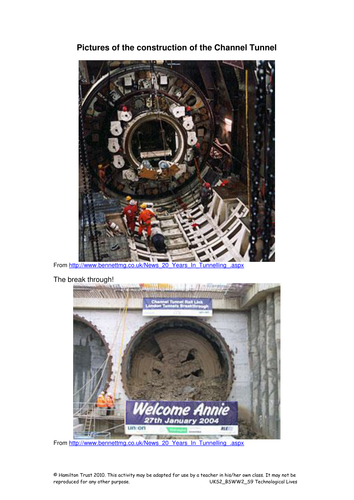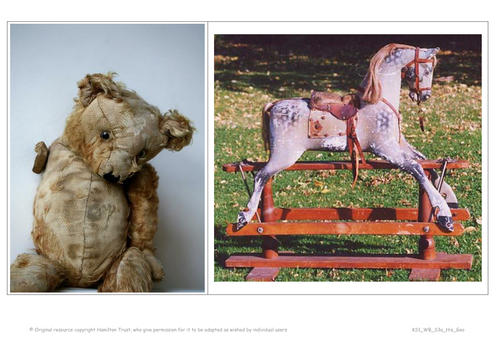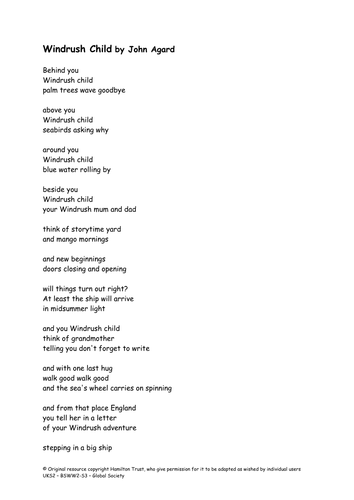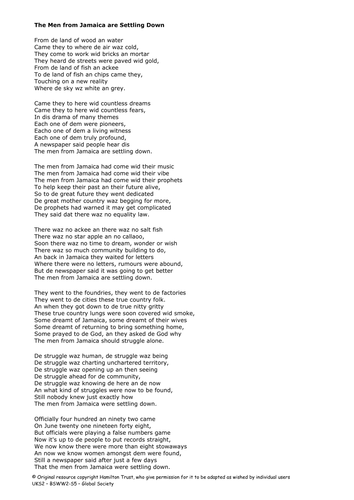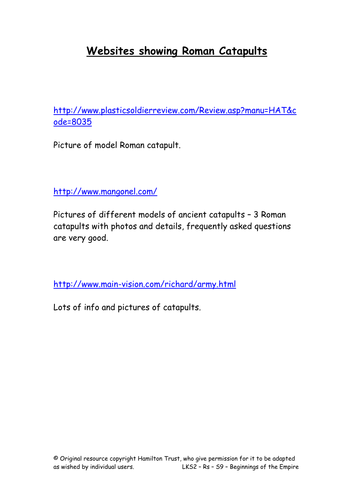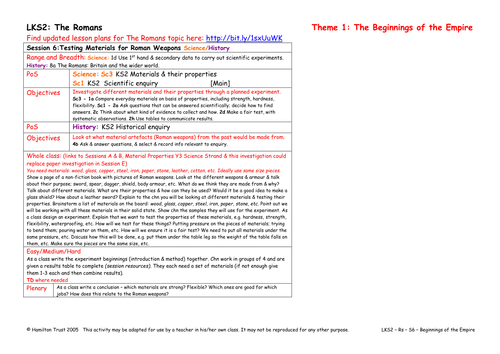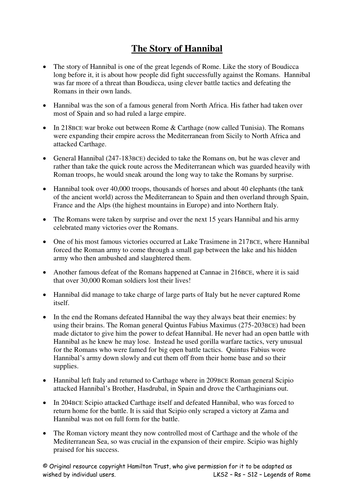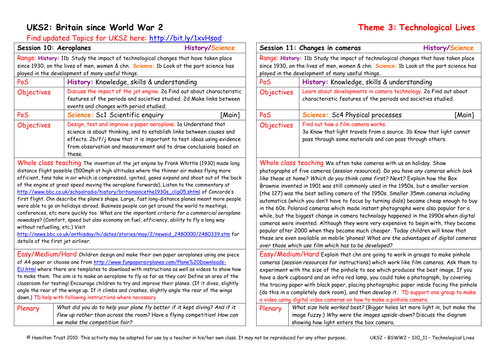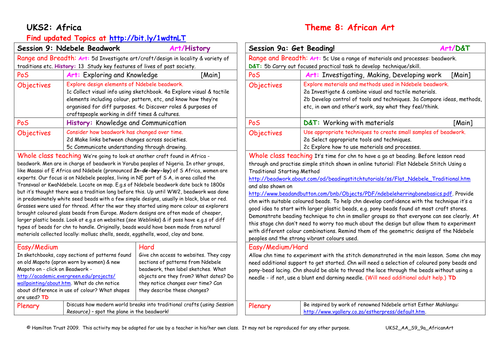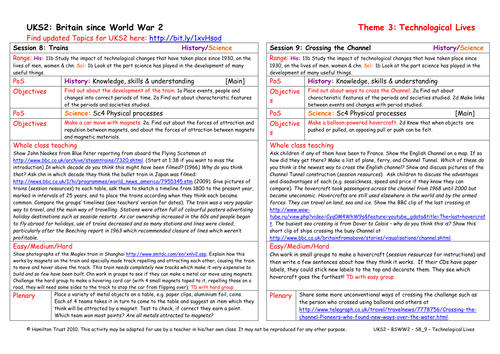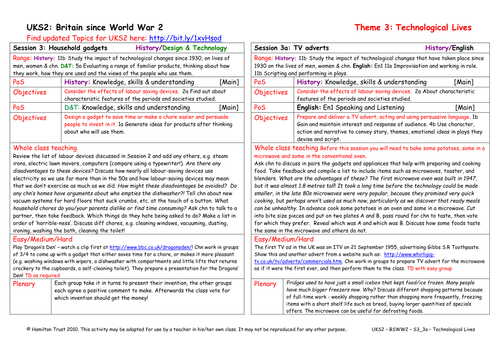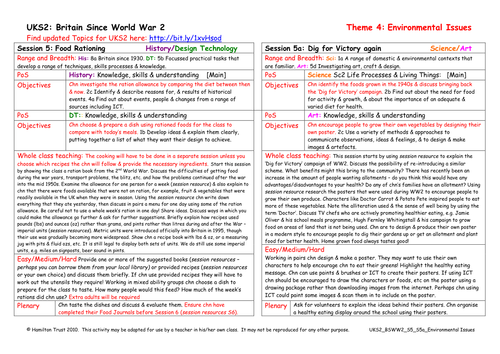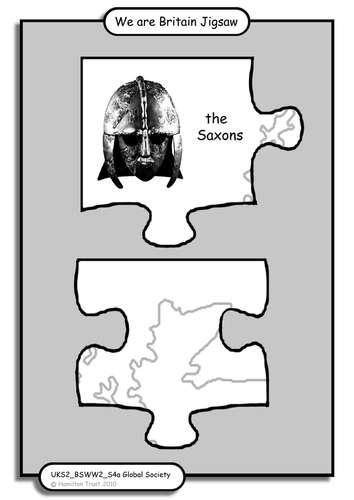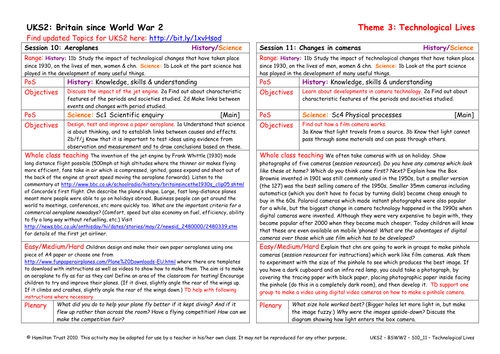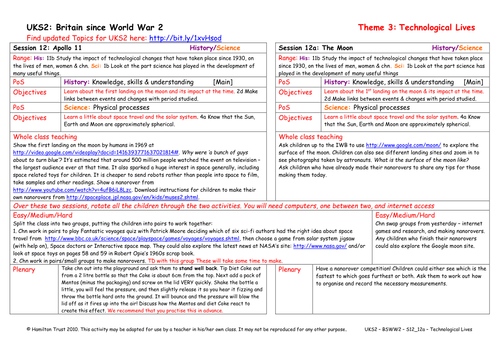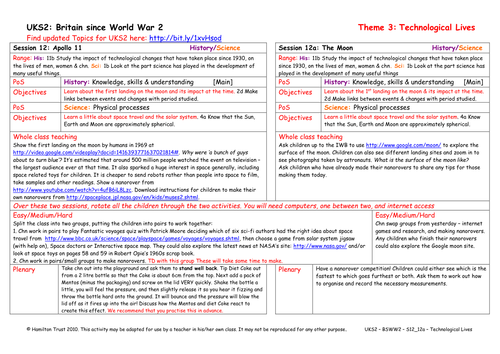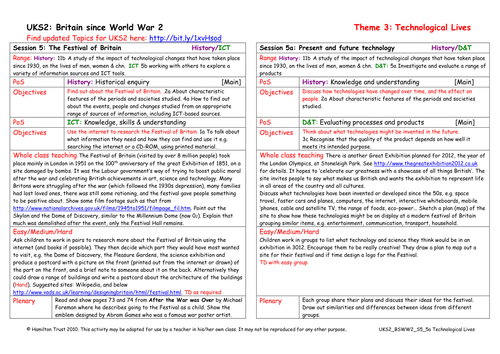
397Uploads
10040k+Views
11644k+Downloads
History

Energy
This session we consider how we are using up fossil fuels. How did we heat our homes and cook in the past? Discuss renewable energy and any local schemes to try and use more renewable energy. Challenge children to make a solar oven and cook something with it!

Crossing The Channel
Children discuss ways of crossing the Channel and then make a balloon-powered hovercraft.

Shopping Basket
Look at products that would be on weekly shopping list, consider the different ways in which these were sold – less packaging. Discuss equivalents between imperial and metric measurements and money. Children convert prices or sort foods into then and now.

How old is my toy?
How do we know that a toy is old? What happens to our toys when they get played with lots? Children explore different toys and look for the signs of age. They choose precise words and explain their reasoning in detail.
Suitable for Years 1 and 2.

Washing Machines and Spin Driers
Children look at labour saving household inventions, order picture of machines across the decades and then carry out an experiment to find out how spin driers work.

Windrush
Read the poem Windrush Child by John Agard and get children’s reactions. Give brief history of SS Windrush’s journey to Britain in 1948. Children either mark the journey on a map or answer questions about photographs to do with Caribbean immigration on the Windrush.

Notting Hill Carnival
Read Benjamin Zephaniah’s poem The Men from Jamaica are Settling Down. Discuss the treatment that migrants from the Caribbean received from some British people. Explain how this lead to riots and the first Notting Hill Carnival. Children design carnival costume.

Design & Make Catapults
Children look again at Roman catapults. Using a wide variety of materials, incl some mechanical components, they design & create a working model of a catapult in the Roman style. They develop their ideas, then compete to see whose catapult works best!
Suitable for years 3 and 4.

Testing Materials for Roman Weapons
Children look at Roman weapons and discuss the materials that these would have been made from. They then carry out some experiments to discover which materials are most suitable for which purposes. They devise a series of fair tests and communicate results.
Suitable for years 3 and 4.

Hannibal Crossing the Alps With Elephants
The story of Hannibal’s journey across the Alps with elephants is told and discussed. Children identify the Alps and surrounding countries on map and ponder the difficulties of the terrain in relation to this event. They make a collage of Hannibal’s journey.
Suitable for years 3 and 4.

Aeroplanes
Children look at different aeroplanes, make paper aeroplanes and then see which flies the furthest.

Ndebele Beadwork
Zooming in on South Africa, children are introduced to the incredible beadwork of the Ndebele people of KwaNdebele.
Through web images children explore the history of this craft and investigate its key visual elements.

Trains
Children look at trains from different ages, then try to make a moving vehicle using magnets, then have a competition involving choosing magnetic metal objects.

TV Adverts
Children look at kitchen gadgets and early TV adverts and then work in groups to make up an advert for the first microwave, then act it out for the rest of the class.

Food Rationing
During the 1940 and 50s food was rationed. Discuss the ration allowance then and compare it with what you eat now. In groups and using suggested books or resource examples children will choose and cook a ration recipe for everyone to taste. Was our diet better then?

Jigsaw
Ensure that children understand that all the people who have come to live here since Roman times have made an impact on Britain. Children research one country that people have immigrated from and add a picture and label to a large class version of the jigsaw.

Changes in Cameras
Children look at cameras from different decades and then make a pinhole camera, experiment to see which size pinhole works best.

Apollo 11
Children watch the first manned landing on the moon, then build a nanorover or play online games about space travel.

The Moon
Children explore the surface of the moon using a website, carry out the activity they didn’t do in session 12, then have a nanorover race.

Present and Future Technology
Children discuss what technologies could be displayed in a 2012 exhibition in a similar way to the Festival of Britain in 1951, and then at a similar event in 3012.


